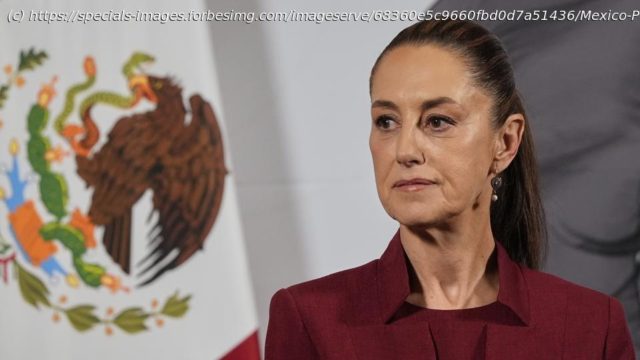The Mexican government claimed U.S. gun manufacturers have “knowingly” sold their products to the country’s drug cartels.
Key Facts
The Supreme Court was asked to determine the future of Mexico’s lawsuit against U.S. firearm manufacturers, in which the country’s government asked the companies to pay $10 billion in damages for allegedly “deliberately aid[ing] and abett[ing] the unlawful sale of firearms” to Mexico’s drug cartels.
Gun manufacturers asked justices to throw out a lower court’s ruling allowing the lawsuit to move forward, and the court agreed with them unanimously, ending the lawsuit.
The firearm companies alleged Mexico’s lawsuit violates the Protection of Lawful Commerce in Arms Act (PLCAA), which bars firearms companies from being sued for criminal activities that involve their products, while Mexico alleged the gun companies are “knowingly” aiding and abetting the cartels’ crimes, which is not allowed under the law.
Justices sided with the companies, ruling that because Mexico didn’t sufficiently show that the manufacturers “aided and abetted” the cartels, the country’s lawsuit violates PLCAA.
Mexico “does not pinpoint . any specific criminal transactions that the defendants (allegedly) assisted” in to prove that the companies aided and abetted the cartels, Justice Elena Kagan wrote in the court’s opinion, arguing the government’s case is instead based on “general” accusations that aren’t enough to prove aiding and abetting.
“It is far from clear” that gun companies simply selling firearms to known cartel arms dealers could ever constitute aiding and abetting, Kagan argued, and Mexico’s arguments are too general to sufficiently prove its case, noting the government “does not confront that the manufacturers do not directly supply any dealers, and its complaint does not name alleged bad-apple dealers or provide grounds for thinking that anyone up the supply chain often acquires that information.






